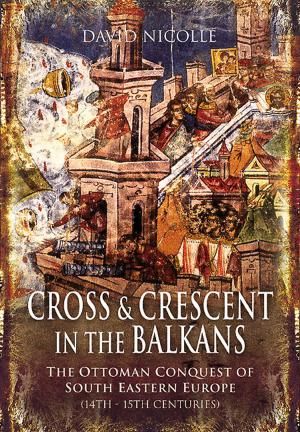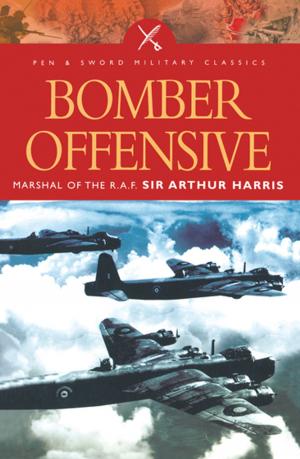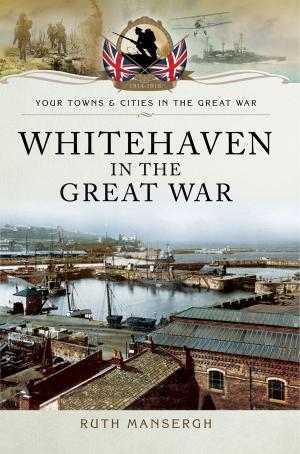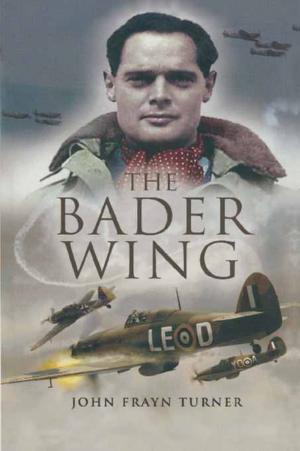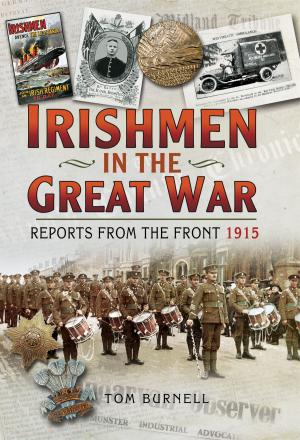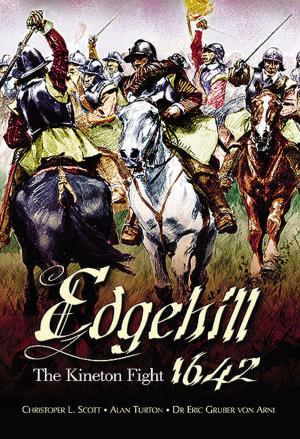On the Roads of War
A Soviet Cavalryman on the Eastern Front
Nonfiction, History, Military, World War II| Author: | Yakushin, Ivan | ISBN: | 9781783409112 |
| Publisher: | Pen and Sword | Publication: | July 19, 2005 |
| Imprint: | Pen and Sword Military | Language: | English |
| Author: | Yakushin, Ivan |
| ISBN: | 9781783409112 |
| Publisher: | Pen and Sword |
| Publication: | July 19, 2005 |
| Imprint: | Pen and Sword Military |
| Language: | English |
Ivan Yakushin survived the Siege of Leningrad, fought at the Battle of Kursk and pursued the retreating German army through Russia, Belorussia, Poland and into Germany itself. This is the story of his war. He tells the tale in his own words, with remarkable clarity of recall, and gives an authentic insight into what combat on the Eastern Front was like for the ordinary soldier. He also provides a detailed, firsthand record of cavalry operations during a highly mechanized war, and this gives his book its special value. The war for him began in Leningrad where he endured the terrifying first winter of the German siege. He describes the perils and privations that beset the city during a period in which over half a million civilians who lost their lives. Yet it is his vivid recollections of his experiences as an artillery man, then a cavalry officer on the Eastern Front that are at the heart of this rare memoir. In the Kursk salient Yakushin was severely wounded in the legs, during the Nevel offensive and Operation Bagration he took part in daring cavalry raids behind the German lines and, as the Soviet army penetrated into East Prussia and Germany itself, he was confronted by increasingly desperate German units struggling to defend their homeland. His descriptions of the merciless fighting during these last months of the war, in particular against the fanatical German Volkssturm, make fascinating reading. The author, Ivan Yakushin survived the Siege of Leningrad as a teenager, completed an artillery lieutenant's course in 1943 and joined the heavy mortar regiment during the Battle of Kursk. After recovering from a wound he was transferred to the elite 5th After the war Captain Yakushin came back to Leningrad and worked as an engineer at Admiralty Shipyards, taking part in construction of over 100 ships, until his retirement in 1992. He lives in St Petersburg, has one son and a grandson.
Ivan Yakushin survived the Siege of Leningrad, fought at the Battle of Kursk and pursued the retreating German army through Russia, Belorussia, Poland and into Germany itself. This is the story of his war. He tells the tale in his own words, with remarkable clarity of recall, and gives an authentic insight into what combat on the Eastern Front was like for the ordinary soldier. He also provides a detailed, firsthand record of cavalry operations during a highly mechanized war, and this gives his book its special value. The war for him began in Leningrad where he endured the terrifying first winter of the German siege. He describes the perils and privations that beset the city during a period in which over half a million civilians who lost their lives. Yet it is his vivid recollections of his experiences as an artillery man, then a cavalry officer on the Eastern Front that are at the heart of this rare memoir. In the Kursk salient Yakushin was severely wounded in the legs, during the Nevel offensive and Operation Bagration he took part in daring cavalry raids behind the German lines and, as the Soviet army penetrated into East Prussia and Germany itself, he was confronted by increasingly desperate German units struggling to defend their homeland. His descriptions of the merciless fighting during these last months of the war, in particular against the fanatical German Volkssturm, make fascinating reading. The author, Ivan Yakushin survived the Siege of Leningrad as a teenager, completed an artillery lieutenant's course in 1943 and joined the heavy mortar regiment during the Battle of Kursk. After recovering from a wound he was transferred to the elite 5th After the war Captain Yakushin came back to Leningrad and worked as an engineer at Admiralty Shipyards, taking part in construction of over 100 ships, until his retirement in 1992. He lives in St Petersburg, has one son and a grandson.

